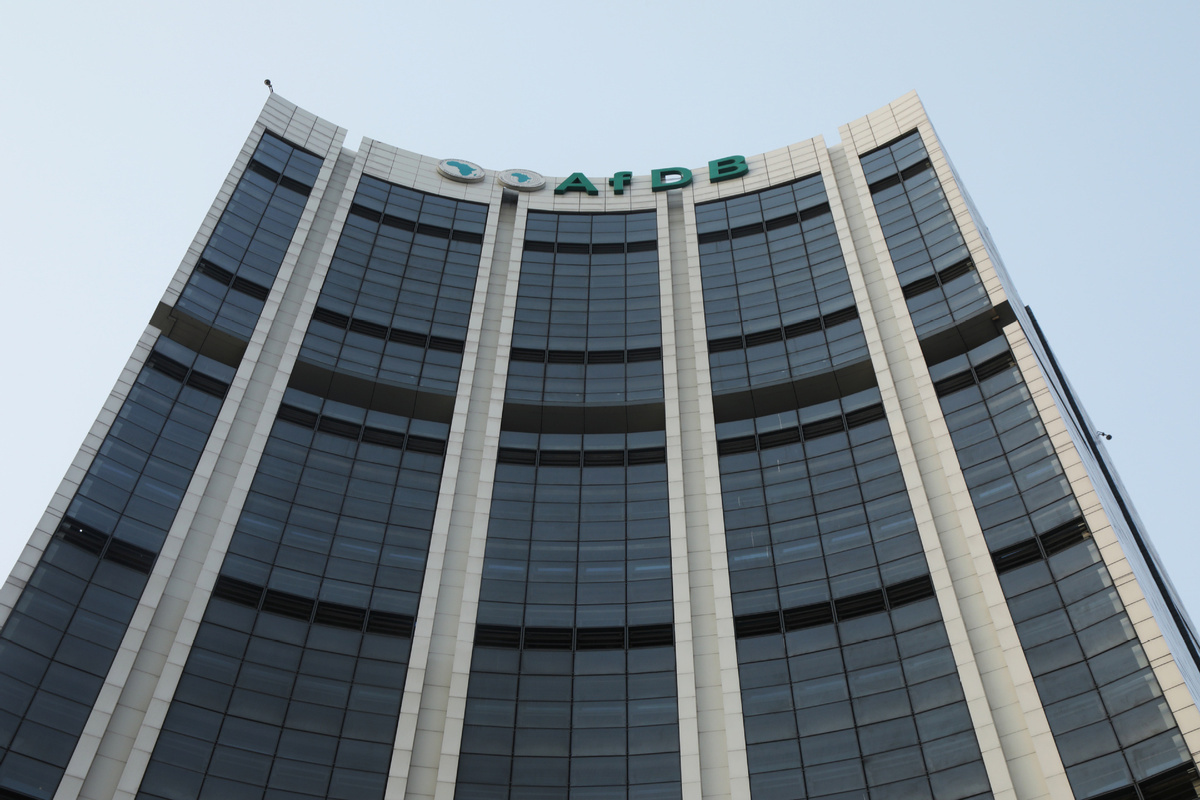Africa Development Bank, World Bank, differ on assessment of debt


The African Development Bank last week refuted World Bank President David Malpass' comments that the bank and similar regional development banks were contributing to emerging market debt problems. According to the AfDB, the comments were misleading, inaccurate and not fact-based.
On Feb 10, Malpass was quoted saying at a World Bank-International Monetary Fund debt forum in Washington that the African Development Bank, the Asian Development Bank and the European Bank for Reconstruction and Development were contributing to debt problems.
"We have a situation where other international financial institutions, and to some extent, development finance institutions as a whole, certainly the official export credit agencies, have a tendency to lend too quickly and to add to the debt problem of the countries," Malpass is reported to have said.
Malpass added that the African Development Bank was pushing millions of dollars into a fiscally challenging situation in Nigeria and South Africa.
In its rebuttal statement, the AfDB said that Malpass' comments undercut the bank's integrity, undermined their governance systems and incorrectly insinuated that theAfDB operates under different standards than the World Bank.
"The African Development Bank coordinates lending activities, especially its public sector policy-based loans, closely with sister International Financial Institutions (notably the World Bank and the IMF). This includes reliance on the IMF and World Bank's Debt Sustainability Analyses to determine the composition of our financial assistance to low-income countries," the AfDB said in its statement.
Speaking to China Daily in Nairobi, Aly Khan Satchu, an investment banker and consultant to blue-chip companies across Africa, said the exchange between the World Bank and the AfDB was unusually forthright but it captured the disconnect between the World Bank's approach and the realities facing players like AfDB on the ground.
"Malpass is telling AfDB to get real while the AfDB is saying the glass is half full. What is clear is that the debt levels across Africa are blinking amber. This leaves little headroom leading to big sub-Saharan Africa economies posting negative per capita GDP growth over the past five years, Nigeria and South Africa included," Satchu said.
Despite this state of affairs, Satchu observed that the AfDB has decided to take a more positive standpoint as opposed to that adopted by the World Bank's boss.
"I noticed tweets from Akinwumi Adesina, the president of the AfDB around the time Malpass made his comments. Adesina was saying that against all odds, Africa will thrive and this is a new, resurgent and more confident Africa. The old is gone and the new is here," Satchu said.
Satchu's sentiments were captured in the AfDB's statement, which said that the World Bank could have explored other available platforms to discuss debt concerns among Multilateral Development Banks, including the AfDB.
In addition, the AfDB faulted the World Bank of being hypocritical since its debt portfolio in Africa, including Nigeria and South Africa, has been growing at a much faster rate compared to that of the AfDB.
"The World Bank, with a more substantial balance sheet, has significantly larger operations in Africa than the African Development Bank. The World Bank's operations approved for Africa in the 2018 fiscal year amounted to $20.2 billion, compared to $10.1 billion by the African Development Bank," AfDB said.
"With regard to Nigeria and South Africa, the World Bank's outstanding loans for the 2018 fiscal year to both countries stood at $8.3 billion and $2.4 billion, respectively. In contrast, the outstanding amounts for the African Development Bank Group to Nigeria and South Africa were $2.1 billion and $2.0 billion, respectively, for the same fiscal year."
According to Satchu, the AfDB should put aside the push and pull with the World Bank and instead work towards getting ahead of its debt curve.
"Without sound and robust policies being put in place by the AfDB, Africa's GDP is bound to slow sharply. The AfDB needs to get ahead of that curve," Satchu said.

































